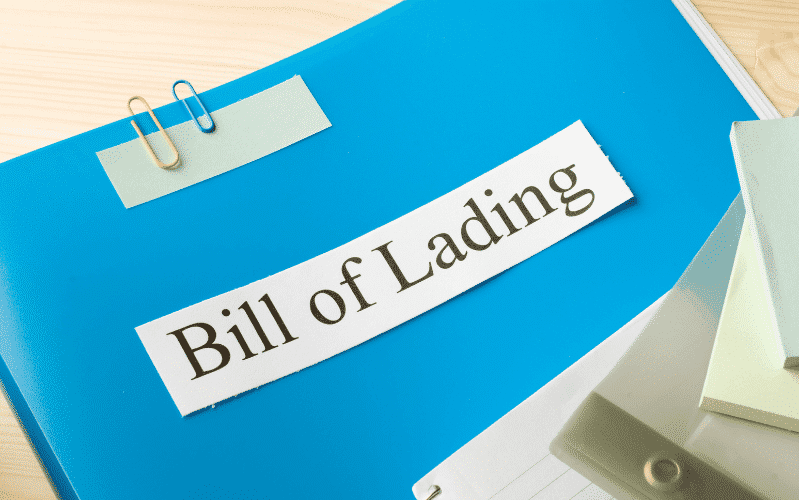Five of the most powerful associations powering global trade have formed an alliance to accelerate the digital transformation and simplification of the world’s trade lanes, including the holy grail of a single electronic bill of lading accepted across the industry.
In a bid to avoid costly and undesired divergence in standards for the digitalisation of the shipping industry, Digital Container Shipping Association (DCSA) has signed a memorandum of understanding with BIMCO, FIATA International Federation of Freight Forwarders Associations, the International Chamber of Commerce (ICC) and SWIFT that will create the Future International Trade (FIT) Alliance with a mission to coordinate the modernisation of the industry’s management of data and best practices for managing digital transactions.
The FIT Alliance will work on generating awareness about the importance of common and interoperable data standards and common legislative conditions across international jurisdictions and platforms.
One of the principal objectives of the initiative is to unite stakeholders in the industry around the idea of an electronic bill of lading (eBL) that would be accepted by regulators, banks and insurers, unifying communication between these organisations with shippers, physical and contractual carriers, as well as other stakeholders involved in international trade transactions.
“From the beginning, DCSA has understood the importance of cross-industry collaboration to achieve the elusive goal of universal eBL,” said Thomas Bagge, Chief Executive Officer of DCSA. “The FIT Alliance is one exciting result of our ongoing effort to drive that collaboration. Container ships carry 90% of the world’s goods. As such, an incredibly diverse set of stakeholders touches the B/L transaction—from government regulators, to insurers, to shippers from every industry. To achieve widespread use of eBL, they must all be on board with adopting digital B/L standards.
“The agreement between DCSA and these diverse industry associations is an exciting milestone in our journey towards standardising all container shipping documentation through our eDocumentation initiative.”
The DCSA has previously estimated that adoption of the e-Bill of Lading by 50% of the container shipping industry could save some $4bn in costs annually.
The move to form FIT was welcomed by the world’s largest container line Mediterranean Shipping Co (MSC).
André Simha, MSC’s Global Chief Digital & Innovation Officer and also DCSA Chairman, commented: “MSC believes that for digitalisation to work at its best, everyone needs to be on board, working hand-in-hand establishing a common language, defined by the whole industry.
“By bringing together so many important trade associations, the FIT Alliance represents a major step forward, and it I’m excited to see the benefits that this collaboration will bring about.”
FIATA, which has already developed its own solution accepted by the ICC, welcomed the chance to work together with other sectors to make sure that documents for all different types of cargoes can be simplified by the creation of an open source solution that responds to the diverse needs of the industry.
“Interoperability between all actors of the trade and transport industry is the key foundation to enable smooth data exchange and to streamline the end-to-end shipping process for our members,” said FIATA Director General, Dr. Stephane Graber. “FIATA, as the owner of the only negotiable multimodal transport document, endorsed by UNCTAD and ICC, is convinced that an industry-wide effort to establish open-source, interoperable, technology-agnostic standards is essential to make digitalisation of international trade a reality.”
The move was welcomed by ICC Secretary General John Denton, who said the initiative’s success would “make international trade far less complex than it currently is.
Through the FIT Alliance, we are collaborating with key industry players to create and accelerate the adoption of digital standards for bills of lading that will make international shipping dramatically more simple, secure and seamless.”
Copyright Ships & Ports Ltd. Permission to use quotations from this article is granted subject to appropriate credit given to www.shipsandports.com.ng as the source.
